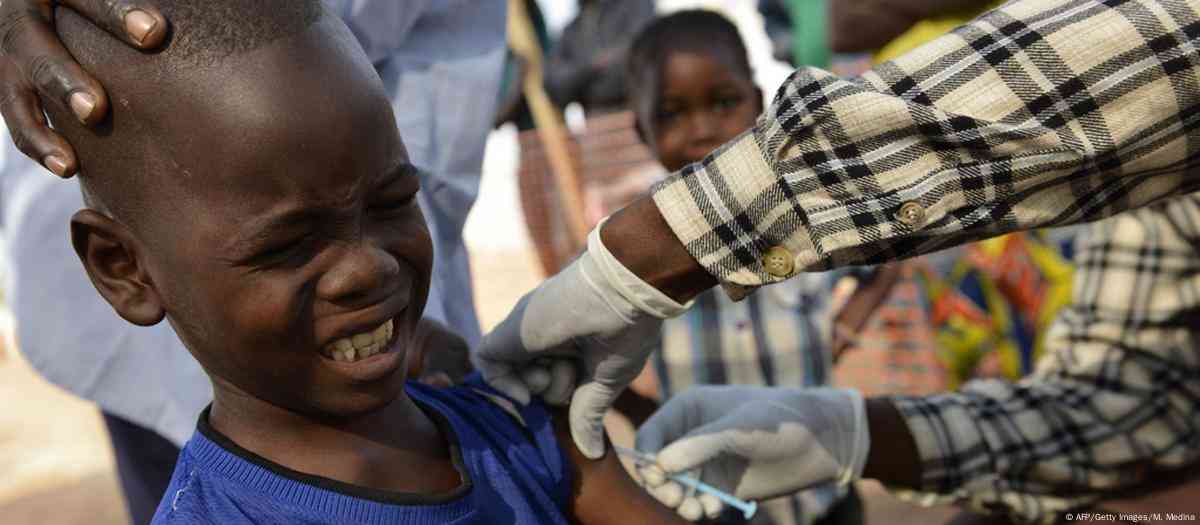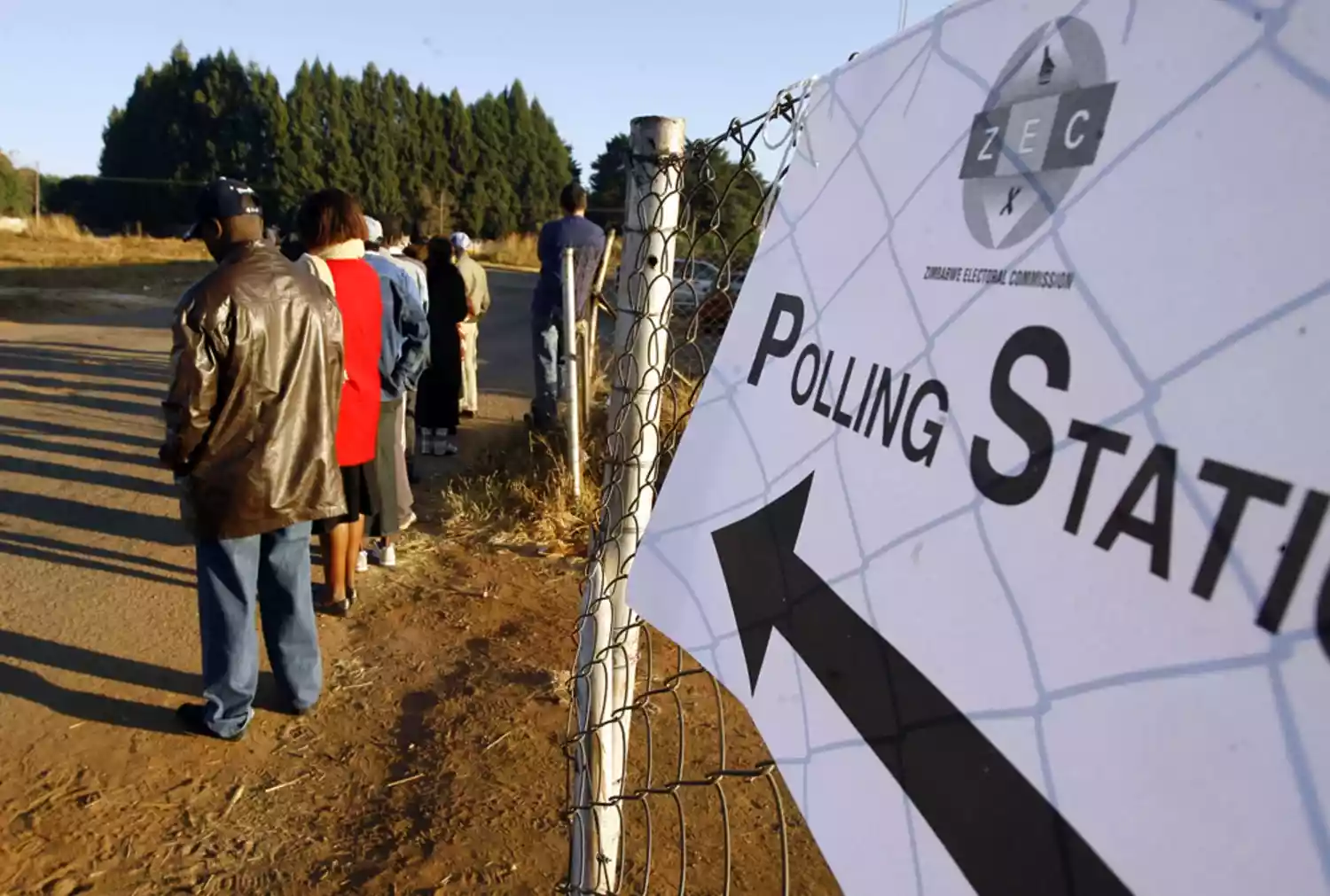
Vaccines are among humanity’s greatest triumphs. In the last century, they have saved millions of children from diseases that once devastated families and communities smallpox, polio, measles, rubella, diphtheria, and many others.
Yet, even with overwhelming scientific evidence of their benefits, the debate around childhood vaccination continues to divide opinion.
In Zimbabwe and across the world, some parents remain hesitant or refuse to vaccinate their children altogether.
It is easy to judge those who are skeptical, but the truth is more complex.
Vaccine hesitancy often stems from fear, misinformation, or previous negative experiences with health systems.
Parents want to protect their children that instinct is universal.
The challenge is ensuring that their decisions are informed by facts, not fear.
At a time when Zimbabwe has launched its National Measles-Rubella Vaccination and Vitamin A Supplementation Campaign, the discussion around vaccines becomes even more urgent.
- Blanket Mine revenue rises 37%
- ED challenger nabbed
- Sunday word: Identifying ‘mother of earth’s abominations’
- Frontline Kids plots surprise reunion
Keep Reading
The goal is to reach at least 95% of all children aged nine months to five years a target that reflects not only medical necessity but also social responsibility.
Vaccines are not merely medical interventions; they are shields of protection that extend beyond the individual to entire communities.
When a large portion of a population is immunized, it creates what scientists call “herd immunity.”
This means that even those who cannot be vaccinated such as infants too young or individuals with certain medical conditions are protected because the spread of the disease is minimised.
The benefits of vaccination are evident in Zimbabwe’s own health history. Polio, once a source of fear and paralysis, has been eliminated.
Measles, which can cause pneumonia, brain inflammation, and death, has been drastically reduced thanks to consistent immunisation campaigns.
Where vaccination coverage falters, outbreaks quickly follow as seen in 2022 when Zimbabwe and several African countries experienced resurgences of measles linked to declining immunization rates during the Covid-19 pandemic.
The consequences of skipping vaccines can be devastating.
For a child, measles is not just a rash and a fever; it can lead to blindness, brain damage, or death.
Rubella, when contracted by pregnant women, can cause congenital rubella syndrome, leading to lifelong disabilities in babies.
These outcomes are tragic precisely because they are preventable.
While the science is clear, public trust is not always guaranteed.
Parents who question vaccines are not enemies of progress; they are individuals struggling to make the best decisions for their children in a world flooded with conflicting information.
Some fear that vaccines may have side effects or long-term consequences.
Others distrust pharmaceutical companies or governments, especially when communication from authorities lacks transparency.
In rural areas, myths persist that vaccines cause infertility or are part of foreign experiments.
These beliefs, though false, thrive when people feel excluded from credible health conversations.
To rebuild trust, health professionals must do more than deliver vaccines they must listen.
Communication must be compassionate, respectful, and rooted in understanding. Parents have the right to ask questions and expect honest answers.
When medical workers engage with empathy rather than judgment, they open the door to cooperation.
In Zimbabwe, religion and community leaders play a powerful role in shaping public opinion.
During past outbreaks, some religious sects discouraged members from vaccinating, resulting in preventable deaths.
But in many cases, these communities later changed their stance after open dialogue with health officials and witnessing the human cost of inaction.
Vaccination should never be seen as a challenge to faith, but as an act of stewardship a moral duty to protect life.
The Bible itself speaks of caring for the vulnerable and using wisdom to safeguard others.
Immunisation aligns with these values. Protecting a child from disease is an act of love, not defiance of belief.
When pastors, chiefs, teachers, and local influencers publicly support vaccination, they strengthen public confidence.
Communities are more likely to accept health interventions when trust is built from within rather than imposed from above.
Misinformation remains one of the biggest threats to vaccination efforts.
On social media, conspiracy theories about vaccines spread faster than the diseases themselves.
Some claim that vaccines contain harmful substances or alter DNA claims that are scientifically baseless but emotionally powerful.
Public health communication must evolve to meet this challenge.
Educational campaigns should not only rely on technical jargon but use accessible language and relatable stories.
A parent who hears another parent say: “My child was vaccinated and is healthy,” may be more persuaded than by statistics alone.
Schools, clinics, and churches can serve as hubs of health education.
When mothers gather for antenatal classes or child welfare clinics, nurses should take time to explain not just what vaccines are given, but why they matter. Transparency builds trust.
Every child, regardless of background, has a right to health.
That right is meaningless if preventable diseases continue to claim young lives.
Vaccination campaigns like the one led by the Ministry of Health and Child Care reflect a commitment to equity bringing services even to remote areas where families might otherwise be left behind.
When health workers travel on dusty roads to reach a village clinic, they carry not just vaccines, but hope the hope that no child will suffer from diseases that modern medicine can prevent.
Parents who bring their children for vaccination are not only protecting their own families but also contributing to a healthier nation.
To the parent who hesitates, it is natural to feel cautious. But remember this: vaccination is an act of love and protection.
It does not harm; it prevents harm. It does not weaken your child; it strengthens their future.
Doctors, nurses, and community health workers across Zimbabwe are ready to help not to force, but to guide.
They are parents too. They understand your fears, but they also see the heartbreak of preventable illness.
The measles-rubella and Vitamin A campaign now underway is a reminder that child health is a shared responsibility.
Every child vaccinated is a victory for the whole country.
Every dose given brings us closer to a Zimbabwe where no mother loses a child to a disease that medicine can defeat.
Vaccines are more than injections; they are promises promises that tomorrow’s children will live without the fear that haunted generations before them.
In choosing to vaccinate, parents are saying yes to science, yes to safety, and yes to the future.
Let us not allow doubt to undo decades of progress.
Let us remember that public health is a collective achievement built on trust, compassion, and knowledge.
When we vaccinate our children, we protect not only their lives but the very soul of our communities.
A healthy child is a symbol of hope and that hope begins with a single shot.










